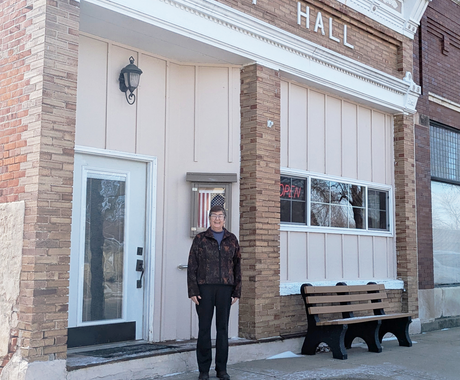By Stephanie Enloe, former staff member
Amid growing public awareness, rural residents are becoming more well-versed on water quality challenges. Nutrients, bacteria and sediment levels in surface waters endanger human health, wildlife habitat and outdoor recreation.
Many are particularly concerned about nitrate levels in drinking water, as high nitrate levels are associated with blue-baby syndrome, birth defects, and bladder and thyroid cancer. In Iowa alone, a study conducted from 2006 to 2008 found that 12 percent of private wells had nitrate levels over the legal drinking water standard of 10 mg/L. A recent Iowa Department of Natural Resources report found that more than 540 water systems are at least somewhat susceptible to nitrate contamination, and the vast majority of those are in rural areas.
Increasingly, rural people are concerned about poor water quality impacting the outdoor recreation industry. Quality of life in rural areas suffers when residents and tourists lose access to high-quality fishing, swimming, boating and other recreation opportunities that depend on clean lakes and waterways. In Iowa, this industry generates $6.1 billion in consumer spending and supports 75,000 jobs.
During the Iowa Legislative Session, several bills were proposed aimed to improve funding and programming for water quality management. One of the Center for Rural Affairs’ priorities was to secure a three-eighths of a cent sales tax increase to create a source of revenue for the Natural Resources and Outdoor Recreation Trust Fund.
In 2010, over 60 percent of Iowans voted for a constitutional amendment that created “the Trust” and designated the revenue source as three-eighth of a cent of the next sales tax increase. This revenue will amount to $150 to $180 million for watershed planning, local watershed groups, cost-share practices, lake restoration and outdoor recreation investments that would create economic opportunity in rural communities.
With more than $430 million in watershed plans and more than $22 million in cost-share or wetland projects waiting for implementation funding in Iowa, the Trust would create a much needed source of sustained water quality funding.
This model can be duplicated in other states to improve funding and programming for water quality management. Let us know if you are concerned about rural water quality issues.





